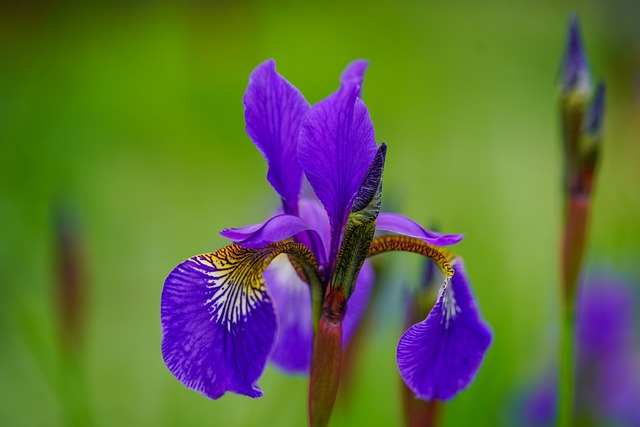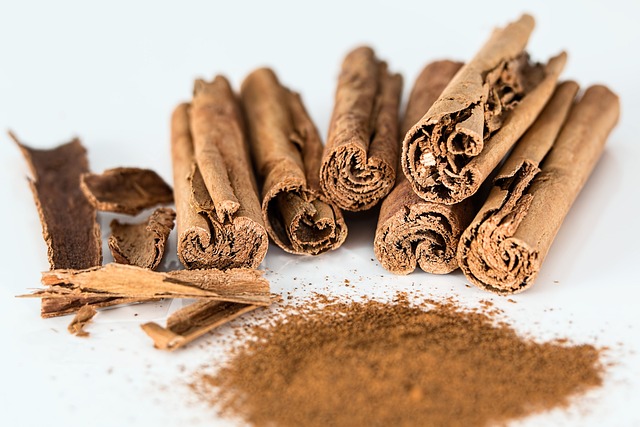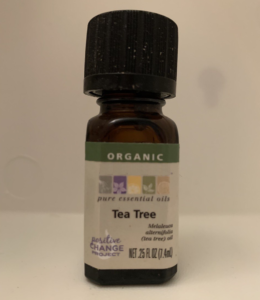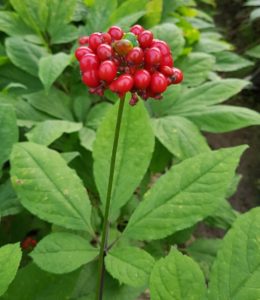Herbal Medicines for the Lymphatic System

The vast majority of cells in the human body are within the tissue space, a space that is drained by the lymphatic system. This space is filled with fluid that receives nutrients by diffusion from the blood vessels along with the waste products from the cells located within it. The tissue space has lymphatic vessels that connect to lymph nodes and larger vessels that drain the tissues into the bloodstream. The lymphatic fluid from within this space drains through a passive system that responds to body movements and muscle contractions.
The lymphatic system is almost categorically ignored in medicine unless something with it goes wrong. Cancer is widely recognized to metastasize through the lymphatic system and surgery to remove lymph nodes can sometimes cause lymphedema, a severe swelling due to poor lymphatic flow. Venous stasis, a problem with blood circulation, can also cause swelling and edema that can eventually damage the lymphatic system.
The Promise of Lymphatic Treatments
While evidence is still early, some of the research suggests that the lymphatic system may be a key component in the development of numerous chronic health conditions.
Joint Health
In rheumatoid arthritis, the lymphatic drainage of the affected joints initially appears to expand, trying to help increase tissue drainage. However, if the inflammation continues, the lymphatic tissues can collapse. This reduces drainage of the tissues and joints, leading to joint damage. Preliminary studies in patients suggest that poor lymphatic drainage is correlated with disease progression and flares (Bouta 2018). Similar findings suggest that lymphatic drainage is also a key factor in the development and treatment of osteoarthritis, the general wear and tear of the joints (Cao 2022).
Gastrointestinal Health
Beyond joint health, gut health also appears to be related to lymphatic function. Inflammatory bowel disease is an autoimmune process that damages the digestive tract. In patients with inflammatory bowel disease, the lymphatic system undergoes a number of changes, including swollen lymph nodes and lymph vessel blockages. Some research suggests that restoring lymphatic flow may help to restore normal gastrointestinal function (Zhang 2021).
Heart Health
Heart disease is typically driven by the process of atherosclerosis, or hardening of the arteries. Evidence is starting to suggest that poor lymphatic drainage of the large blood vessels may contribute to the development of arterial plaques and atherosclerosis (Oliver 2020).
In heart failure, edema, or swelling can occur in the lower legs and abdomen. This swelling is due to the failure of lymphatic drainage. Treatments to restore lymphatic drainage appear to hold promise in helping to treat congestive heart failure (Itkin 2021).
Other Conditions
Other conditions have also been shown to correlate with poor lymphatic function, including cancer, Alzheimer’s disease and Parkinson’s, among others (Oliver 2020).
Herbal Treatments
Mainstream treatments for lymphatic dysfunction are mostly at the research stage, involve invasive procedures like surgery, or are just used for maintenance, like massage and physical therapy.
However, herbal medicine has a long history of herbs used for edema that may have benefits for improving lymphatic flow. Based on our growing understanding of the importance of proper lymphatic function, it’s worth exploring what herbs appear to hold promise in helping to restore the lymphatic system. Up to this point, most herbal studies have focused on treating lymphedema or venous stasis, both of which are arguably correlated with lymphatic flow.
Cinnamon and Coumarin

Probably some of the strongest evidence of an herbal approach for lymphedema is around the herbal constituent coumarin. Keep in mind that coumarin is not the same thing as the blood thinner Coumadin, although they have somewhat similar chemical structures. While a number of herbs contain coumarin, Chinese cinnamon or Cinamomum cassia is one of the more common sources. In the research, coumarin, used alone or in combination with other herbal constituents, often improves swelling and decreases symptoms of lymphedema (Sheikhi-Mobarakeh 2020).
While promising, there are potential problems with coumarin. Previously, coumarin was approved as a drug. However, when used in higher doses, the compound has been associated with liver problems. In clinical studies, liver toxicity has occurred, albeit with some significant variability (Casley-Smith 1995, Loprinzi 1997). A case report of a cinnamon supplement causing liver toxicity when combined with medication has also been reported (Brancheau 2015).
If Chinese cinnamon is used as a source of coumarin for lymphatic treatment, it should only be used short term and combined with other liver protective treatments. The studies outlined above used coumarin directly and not cinnamon as a source. Whether cinnamon works better or worse than coumarin alone is unknown. As a treatment, coumarin should only be utilized when working with a knowledgeable health-care provider familiar with herbal medicine.
Siberian Ginseng
Siberian ginseng or Eleutherococcus senticosus is a common adaptogenic herb used to help improve stress resilience and support physical and mental performance. Of interest, one of the constituents in Siberian ginseng stimulates a receptor that “stabilizes” lymphatic vessels. In a simple human trial, healthy volunteers were given water and asked to sit for six hours (Fukada 2016). Half the group was given Siberian ginseng, the other half placebo. Siberian ginseng had a notable effect on decreasing swelling in the legs after prolonged sitting.
Herbs for Venous Insufficiency
Proanthocyanidins are colored plant compounds that have potent antioxidant and anti-inflammatory activity. The compounds were initially identified due to their benefits on the vascular system. Pine bark extract is a common source of proanthocyanidins, often marketed for health benefits. For patients with venous insufficiency, a condition that leads to swelling and damage of the lymphatic system, pine bark extract was shown to improve symptoms and reduce swelling (Cesarone 2006).
A separate trial of horse chestnut found that supplementation was useful for reducing edema in venous insufficiency (Diehm 1992). Butcher’s broom has also been compared to placebo for venous insufficiency and found to be helpful for reducing swelling or edema (Vanscheidt 2002). All of these herbs likely help promote lymphatic function.
Other Potential Herbs
Herbal medicine has a rich history of herbs that have been used historically for “dropsy,” the old medical term for swelling and edema. Many of these herbs are very poorly studied and their true medical benefits and safety are hard to fully quantify. Some of the herbs have obvious toxicity concerns, like blue iris (Iris versicolor), poke root (Phytolacca americana) and American mandrake (Podophyllum peltatum) and should only be used under the guidance of a knowledgeable herbalist or health-care practitioner.
In addition, Chinese medicine has numerous herbs for what is termed “blood stasis.” These herbs may also have potential for improving lymphatic function. A review of some of the more common Chinese herbs used for blood stasis can be found here.
Conclusion
As our understanding of the importance of the lymphatic system grows, finding effective treatments to improve lymphatic function gains increasing significance. While research into herbal approaches is still very early, there is no shortage of herbs to be considered that may have benefits. Hopefully, with time, we will better understand effective treatments to restore healthy lymphatic function, as such treatments may have significant benefits for numerous chronic health conditions.



